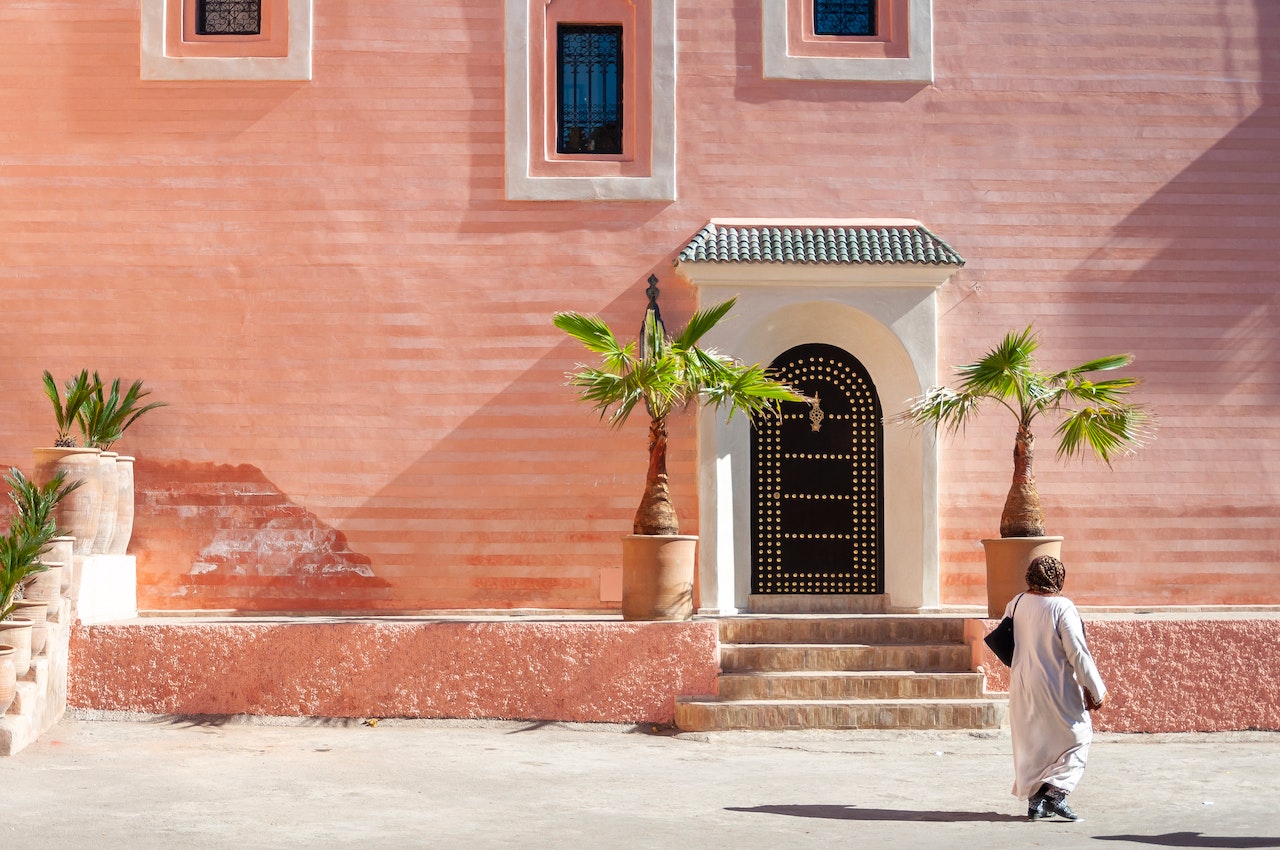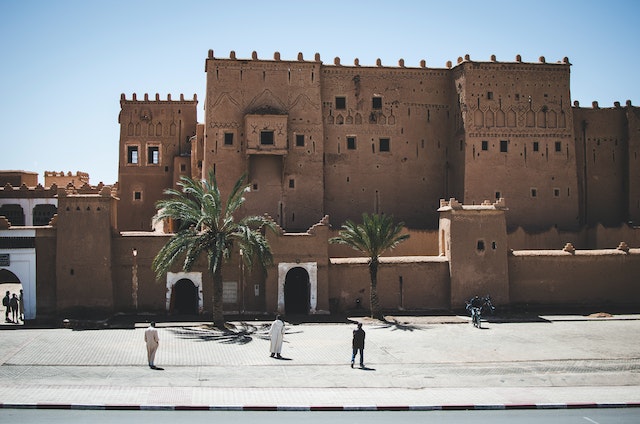Comments
- No comments found

Late Friday night, Morocco was struck by a rare and powerful earthquake.
It resulted in a devastating loss of more than 2200 lives and caused extensive damage to buildings across the region.

The full extent of the tragedy remained unclear, as rescuers struggled to access remote mountain villages in the Atlas Mountains, where the earthquake had its most significant impact.
People were awakened by the violent shaking and fled into the streets in panic. Witnesses described a scene of terror and disbelief as objects fell, walls collapsed, and the ground shook intensely.
The earthquake, with a magnitude of 7.0, was the most powerful to hit Morocco in 120 years. Its force toppled buildings, including ancient stone and masonry structures in historic cities ill-equipped to withstand such tremors.
Bill McGuire, a professor emeritus of geophysical and climate hazards at University College London, explained that in regions where destructive earthquakes are infrequent, buildings are often not constructed to withstand such intense ground shaking. Consequently, many structures collapse, resulting in high casualties. McGuire anticipated that the final death toll could rise into the thousands once a more comprehensive assessment is made.
In response to the catastrophe, Morocco's King Mohammed VI ordered the mobilization of the armed forces, including air and land assets, specialized search and rescue teams, and a surgical field hospital. Despite numerous international offers of assistance, the Moroccan government had not formally requested aid, a necessary step for outside rescue crews to deploy.
The earthquake also caused damage to cultural and historic landmarks, including the famous Koutoubia Mosque in Marrakech, which dates back to the 12th century. The extent of the damage to this UNESCO World Heritage site remained uncertain. Parts of the iconic red walls surrounding the old city were also affected.
Morocco's Interior Ministry reported that at least 820 people lost their lives, primarily in Marrakech and surrounding provinces, with an additional 672 individuals injured. Of those injured, 205 were in critical condition. The rescue operation continued throughout the night, with responders laboring in challenging conditions to locate survivors.
Many remote villages, such as Moulay Brahim, situated in the mountainous areas near Marrakech, were severely affected. Homes crumbled, windows shattered, and residents were trapped beneath the rubble. The earthquake had a profound impact on the community, with numerous casualties and considerable destruction.
The earthquake disrupted transportation and communication networks, further complicating rescue efforts. Roads leading to the mountainous epicenter of the quake were obstructed by collapsed rocks, impeding the flow of aid. Ambulances and emergency vehicles faced challenges navigating the rocky terrain.
World leaders expressed condolences and offered assistance, with Turkey, France, Germany, Ukraine, and Russia among the nations pledging support. Morocco experienced an outpouring of international solidarity, given the scale of the disaster.

Earthquakes are infrequent in North Africa, making this event particularly devastating. The US Geological Survey noted that this earthquake was the strongest ever recorded in the region. The shallow depth of the quake, just 11 miles below the Earth's surface, contributed to its severity.
Morocco has experienced significant earthquakes in the past, including the 1960 earthquake near Agadir and the 2004 earthquake near Al Hoceima. Both events resulted in considerable loss of life and prompted changes in construction regulations. However, many structures, particularly rural homes, remain ill-prepared to withstand powerful tremors.
The earthquake's effects were felt far beyond Morocco's borders, reaching as far as Portugal and Algeria, underscoring the region's vulnerability to such natural disasters.
Leave your comments
Post comment as a guest